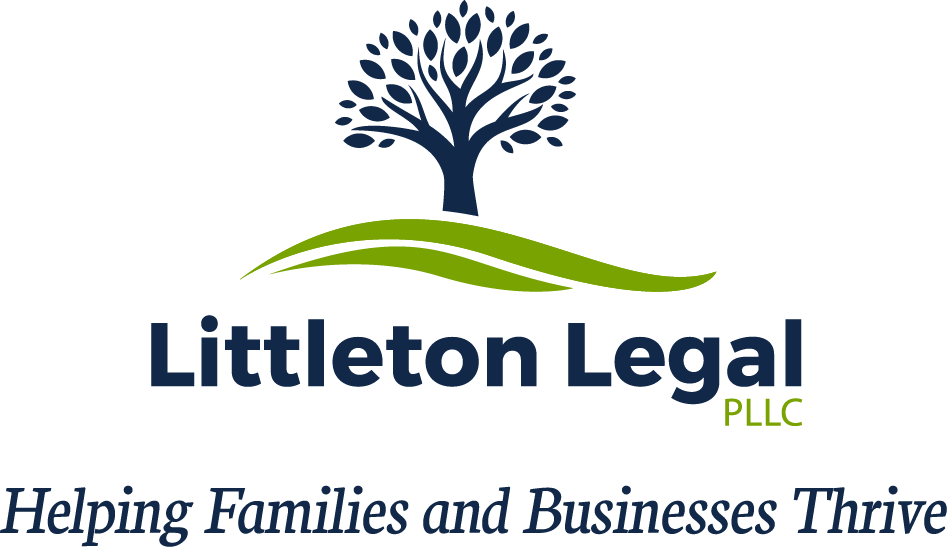Tulsa estate attorneys on how clear governance protects both your legacy and your relationships. Family…

Trusting a Trust: Which Trust Option is Best for Your Family?
Estate plans can be as unique as the individuals and families they protect. Do not assume you need the same type of will or trust option that your parents or friends chose. Instead, work with your estate planning attorney to explore all types of trusts and create a custom estate plan that benefits you and your family most.
Table of Contents
- Revocable Living Trust
- Irrevocable Asset Protection Trusts
- Irrevocable Life Insurance Trust
- Medicaid Asset Protection Trusts
- Veterans Asset Protection Trusts
- Special Needs Trust
- Establishing a Trust
Revocable Living Trust
A revocable living trust (sometimes called a revocable trust, an inter vivos trust, or a living trust) allows you to create a trust during your lifetime and change it any time before incapacity or death. It sets out in writing how you want your assets distributed after you die. Assets may include real estate, bank accounts, investments, and other valuables.
This trust provides many benefits. It lets you manage your assets while protecting your beneficiaries after your death. Its primary purpose ensures your estate is administered orderly upon your incapacity or death.
Irrevocable Asset Protection Trusts
Unlike revocable trusts, irrevocable asset protection trusts hold property that receives increased protection from creditors, including the IRS. People often use these trusts to minimize death taxes. You transfer assets into the trust, removing ownership from yourself and your estate.
Usually, someone else serves as trustee, so you trade full control of your assets for creditor protection. You cannot alter, change, or revoke this trust after execution without extensive planning.
Irrevocable Life Insurance Trust
An irrevocable life insurance trust controls a permanent life insurance policy while you are alive and names the beneficiaries who receive financial assets after your death. A trustee manages asset distribution to beneficiaries upon the insured’s death.
Medicaid Asset Protection Trusts
This trust benefits those who want to preserve life savings or their family home in case they require nursing care. If you transfer assets to a Medicaid Asset Protection Trust, after a five-year “look back” period, Medicaid does not count those assets against your eligibility.
This irrevocable trust is difficult to change once established. Like most irrevocable trusts, you trade control for asset protection.
Veterans Asset Protection Trusts
A qualifying combat veteran or their spouse may create a veterans asset protection trust. This trust resembles a Medicaid asset trust but aims to expedite qualification for needs-based veterans benefits.
While Medicaid Asset Protection Trusts help individuals qualify for Medicaid, Veterans Asset Protection Trusts help veterans or their spouses qualify for pensions available only to those with income and resources below certain thresholds.
This trust has a “look back” period of three years instead of five. After three years, assets held in this trust won’t count against the individual seeking veterans assistance.
Special Needs Trust
Also called a supplemental needs trust, this trust serves individuals with special needs and does not affect additional government benefits like Supplemental Security Income, Veteran’s benefits, or Medicaid.
When established by someone other than the disabled person, outside organizations do not count these assets as personal property.
Many caregivers mistakenly assume the individual must be disinherited to avoid losing benefits. However, many alternatives provide far better long-term protection.
If you are or will be the primary long-term caregiver for a disabled family member, you must create a plan to meet their unique financial, health, and physical needs if you can no longer care for them.
This plan may include special needs trusts, powers of attorney, and other specific language to protect the beneficiary, allowing them to use government assistance while safeguarding inherited assets.
Establishing a Trust
These examples represent some trusts designed to protect your assets and loved ones. Littleton Legal can guide you through the process and recommend the trust best suited to your situation. Call us at (918) 608-1836 to schedule a complimentary consultation.



